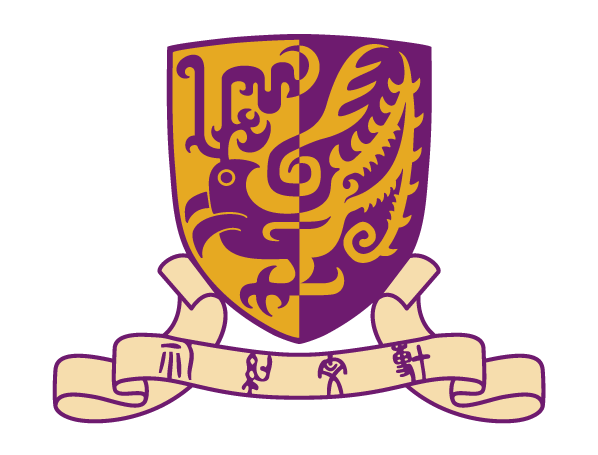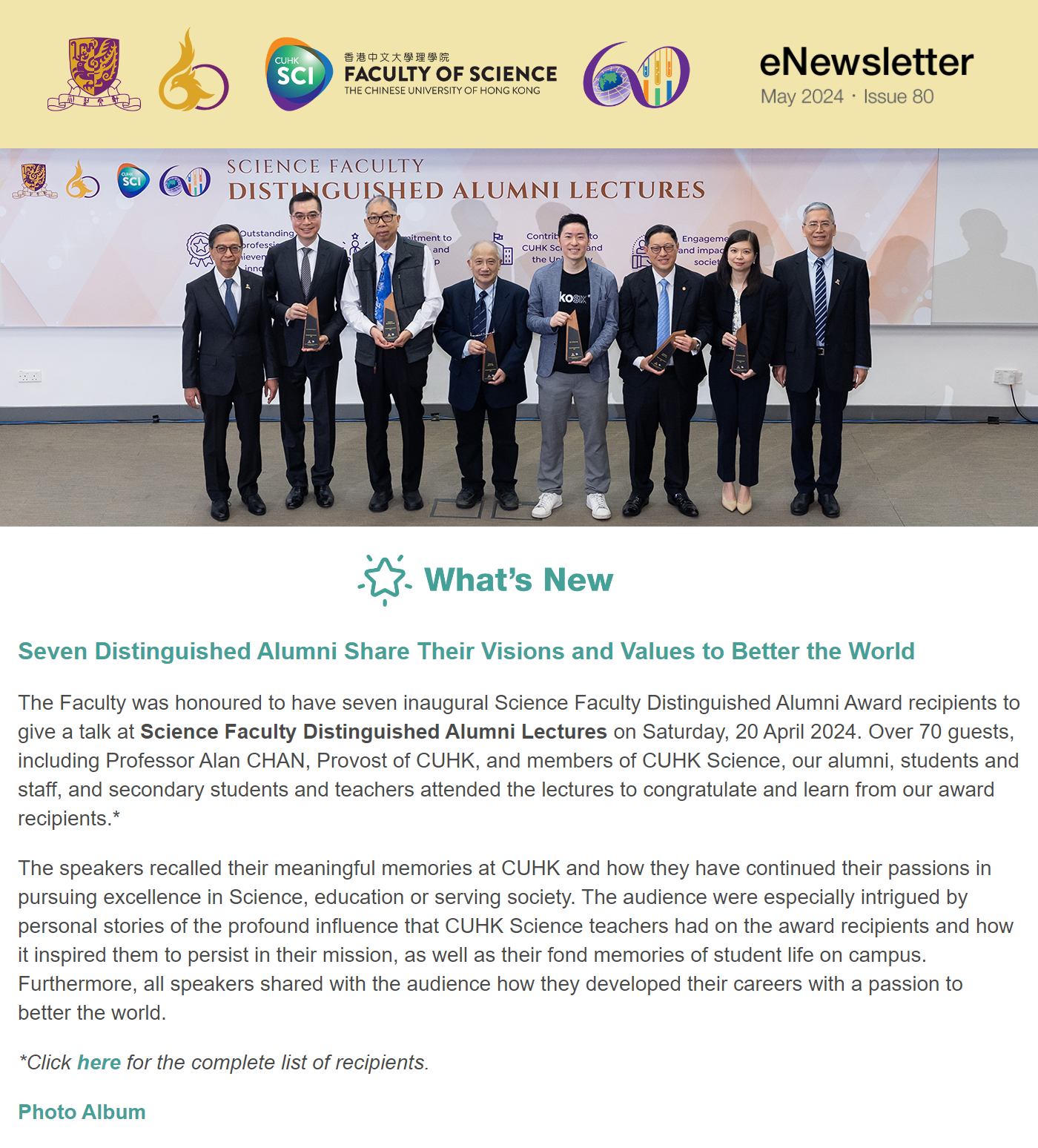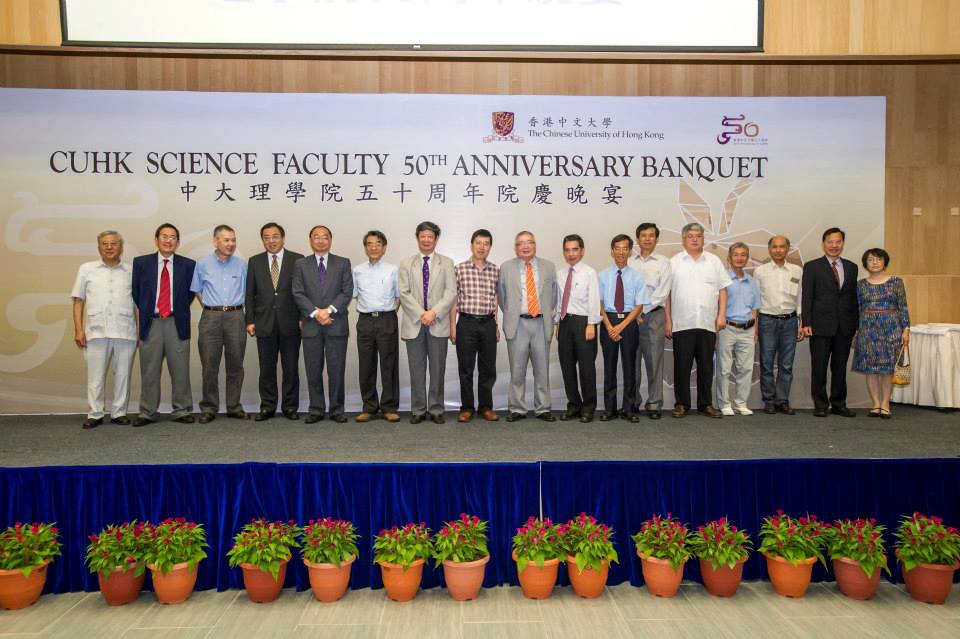Disease Gene Hunting in the “post”-genomic era
Date: 9 April 2008 (Wednesday)
Time: 12:30pm - 1:30pm
Venue: 126, C N Yang Reading Room, ScienceCentre North Block
Speaker: Prof. TANG Leung Sang Nelson, Professor, Department of Chemical Pathology, Faculty of Medicine, CUHK; Principal Investigator, Laboratory for Genetics of Disease Susceptibility; Li Ka ShingInstitute of Health Sciences, Faculty of Medicine, CUHK
Abstract: It is commonly recognized that familial disease inherited in a Mendelian fashion only accounts for a minority of patients with common diseases. For example, only 5% of all breast cancer patients were carrying a mutation in one of the BRCA genes. On the other hand, the reminding 95% of breast cancer patients developed the disease under the influence of both environmental and other genetic risk factors (Tang et al 1999). Recently, we witness the completion of the international HapMap project, of which The Chinese University of Hong Kong is a participating institute. The HapMap project and genome wide association studies provide huge amount of population genetic data that not only facilitate but also revolutionize genetic study of common diseases. New developments in population genetics and genetic statistics also contribute, in a timely manner, to the post-genomic era, when huge amount of data, in various ways, “overload” conventional statistical tools. New concepts emerge in genetic study of common diseases, like population linkage disequilibrium, haploblock and tagging SNPs. We showed the sampling error in determining linkage disequilibrium with HapMap samples and present a resampling method to determine the confidence interval for such parameters (Tang et al 2005). But this is only one of the many unsolved bioinformatic and data analysis issues that we have to tackle at the moment.
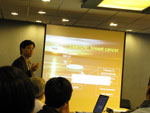
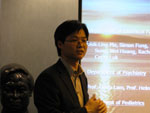
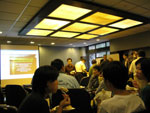
For more photos, please click here.
